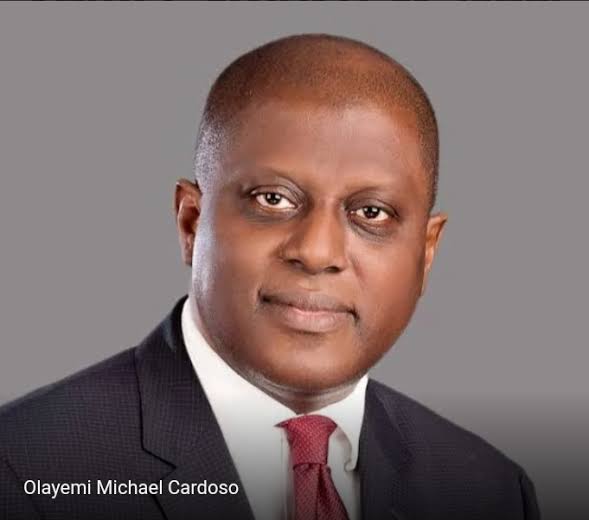By Yahaya Umar
Soaring energy costs, including prices of petrol, diesel, and electricity, have been identified by a vast majority of Nigerian businesses as the primary driver of the country’s persistent inflation, according to the Central Bank of Nigeria’s ,CBN, May 2025 Inflation Expectation Survey.
The survey, released this week, revealed that 90.8% of respondent firms ranked energy expenses as the leading cause of inflationary pressure, underscoring the structural challenges plaguing Nigeria’s cost environment.
Despite sustained monetary tightening, the report indicates that inflation remains predominantly driven by supply-side constraints.
“Respondents ,businesses and households, identified energy, exchange rate, and transportation as the top three inflation drivers”, the CBN stated in its report.
“Natural disasters, activities of middlemen, and infrastructural challenges were perceived as less significant contributors”.
This finding reflects the persistence of structural supply-side issues that continue to undermine the effectiveness of traditional monetary policy tools such as interest rate hikes.
While the CBN has maintained a tight monetary stance, with the Monetary Policy Rate currently at 27.5% the data suggests inflation is largely being fuelled by factors beyond the influence of monetary tightening.
The second most frequently cited inflation driver was the exchange rate, with 88.5% of businesses highlighting the impact of naira depreciation on the cost of imports and inputs.
Transportation costs, including road, air, rail, and water logistics, followed closely as another major pressure point, cited by 87.2% of firms.
Interest rates were ranked as a significant but secondary contributor. Around 85.5% of businesses acknowledged that high borrowing costs were compounding inflationary pressures, particularly for enterprises that rely on credit to finance operations or expansion.
Other issues, such as insecurity, raw material costs, and inadequate infrastructure, were also widely acknowledged by businesses as contributing to inflation, though to a slightly lesser extent.
Insecurity was flagged by 84.7% of respondents, while raw material costs and infrastructural constraints were noted by 78.3 and 75% respectively.
Although, middlemen activities and natural disasters were recognised, they were perceived as less critical than the broader structural challenges.
The findings from households mirrored those from businesses. Among respondents, transportation ranked second only to energy as a source of inflationary stress. Exchange rate volatility, insecurity, and interest rates also ranked high in the perceptions of Nigerian households.
Overall, the report revealed that inflation expectations worsened in May. Approximately 75.3% of all respondents said they believed inflation was high, a significant jump from 70% in April.
The highest increase in inflation perception came from households, with 79.6% reporting that inflation was high, compared to 69.4% in the previous month. Among businesses, the figure rose slightly from 70.5% in April to 71.5% in May.
Lower-income households felt the impact of inflation most acutely. Among respondents earning between ₦30,001 and ₦100,000 per month, 82.9% described the inflation rate as high. In contrast, only 65.7% of households earning above ₦200,000 expressed the same sentiment.
Larger companies were also more likely to perceive inflation as severe, with 78.2% of large firms reporting high inflation, compared to 72.8% of microenterprises and 70.6% of medium-sized businesses.
Looking ahead to June, the survey found that 43.1% of households and 29.7% of businesses expect inflation to rise further.
Additionally, a strong majority of respondents anticipate increased spending this month, with 75.1% of businesses and 67.1% of households expecting their expenses to go up.
Amid these concerns, public sentiment appears to be shifting toward a more accommodative policy stance. About 68.9% of respondents said they would prefer the CBN to reduce interest rates, suggesting widespread concern that high borrowing costs are exacerbating rather than easing the inflation problem.
Only 10.9% supported a rate hike, while 20.2% favoured keeping the rate unchanged.
The report reinforces that Nigeria’s inflation challenge is deeply rooted in structural inefficiencies, particularly in the energy and logistics sectors, and may require a broader mix of policy solutions beyond interest rate management.





